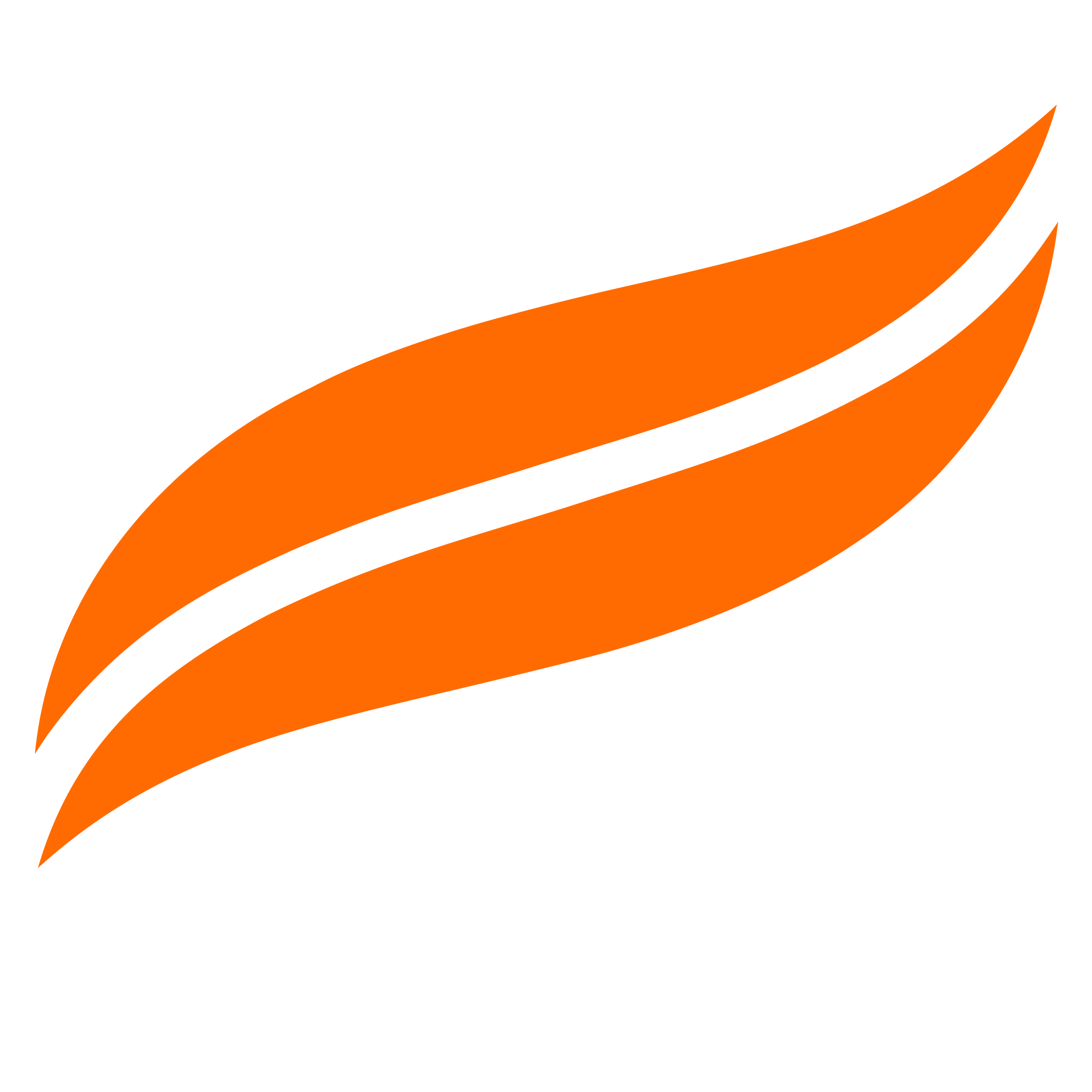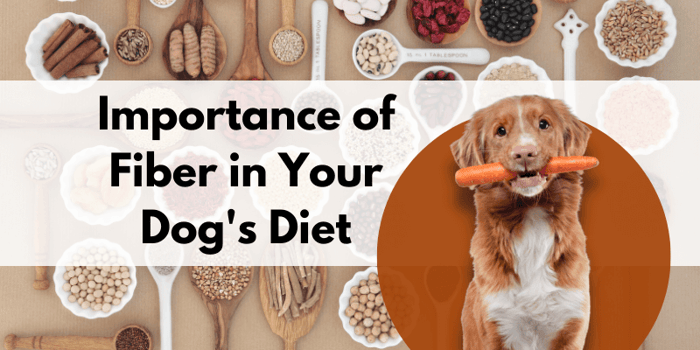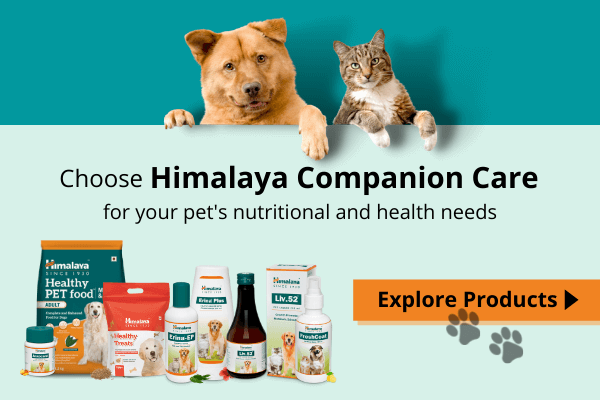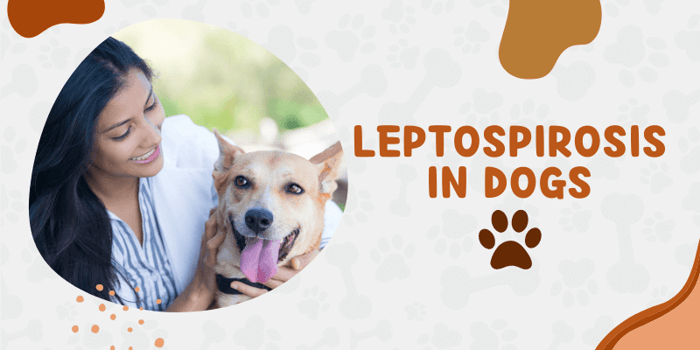We are aware of the importance of dietary fiber for humans – for maintaining a healthy digestive system and for overall wellness.
Fiber also helps control blood pressure and regulate blood glucose levels. Likewise, fiber is an important dietary requirement for dogs too.
Let’s look at the right dietary fiber sources that are safe for your pet.
The Role of Dietary Fiber
Fiber is a type of carbohydrate that maintains digestive, gut, and colon health.
There are two forms of fiber: soluble (digestible) and insoluble (not digestible).
These two forms have unique roles in the body. Digestible fiber breaks down into simple molecules, which the gut bacteria feed upon, whereas indigestible fiber plays a role in cleaning the mucous membrane and reducing inflammation.
Fiber intake also gives a feeling of satiety and helps prevent overeating.
Dietary Fiber in Pet Food
Commercially available pet foods are usually complete and balanced in carbohydrates, fats, and proteins.
Fiber gives more flexibility for creating recipes with different nutrient values.
Therefore, the fiber requirement for dogs is usually fulfilled through pet foods.
Other sources of fiber should be carefully added only if your pet requires it for specific health conditions.
If the pet is overweight, weight loss can be achieved by adding fiber to the meal, as it helps keep the pet fuller for longer – so he/she eats less.
Veterinarians prescribe specially formulated fiber-rich diets to treat colitis or chronic diarrhea in pets.
Healthy Sources of Dietary Fiber
The following are a few examples of fiber sources for your pet:
Apple
Apple slices are ideal high-fiber treats and are low in calories. Moreover, chewing on apple slices helps clean your pet’s teeth.

Carrot
Carrots, like apples, are good treats. They too are low in calories and are good for weight loss. Raw carrots can also help improve liver and kidney functions.
Green bean
Green beans are a good source of dietary fiber and are low in calories.
Brown rice
Brown rice is rich in fiber and also blends well with vegetables. It is a good choice for your pet’s diet.
Flaxseed
Flaxseed is a dietary source of fiber, antioxidants, and omega-3 fatty acids. It helps maintain intestinal health; it is good for your pet’s skin, coat, brain, and nervous system.
Lettuce
Green lettuce is a good source of fiber and has high water content. Iceberg lettuce has very little fiber, so it is not the ideal choice.
Strawberry and blueberry
Fresh strawberries and blueberries are natural sources of fiber and are rich in antioxidants, too. However, as they also have a high sugar content, eating too many can be bad for your pet.
Kelp
Kelp is rich in fiber and iron and is safe for pups.
Beet Pulp
Beet pulp is a good source of fiber and is used as a feed filler in processed dog food. It is a colorless and stingy by-product of sugar beet processing and is easily digestible.
Adding fruits, veggies, or brown rice to your pet’s diet is good, but you should keep his/her health condition in mind while doing so.
A dog’s nutritional requirements should be fulfilled with a complete and balanced diet.
Overconsumption of fiber can cause gastrointestinal disturbances in your pet. So, consult a veterinarian before including fiber in your pet’s diet.
Source: All About Pets. Importance of Fiber in Your Dog's Diet. 2020;1(3):1.
- How is Nutrition Important in a Balanced Diet for Dogs?
- What is a Complete and Balanced Diet for Dogs?
- Best Human Foods for Dogs (and Foods to Avoid)
Check out the Pet Care section for more posts on pets' health, diet, and so on.
Explore the Himalaya Wellness blog for more useful articles.
 Himalaya Global Holdings Ltd. (Our Parent)
Himalaya Global Holdings Ltd. (Our Parent)






